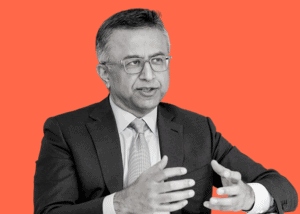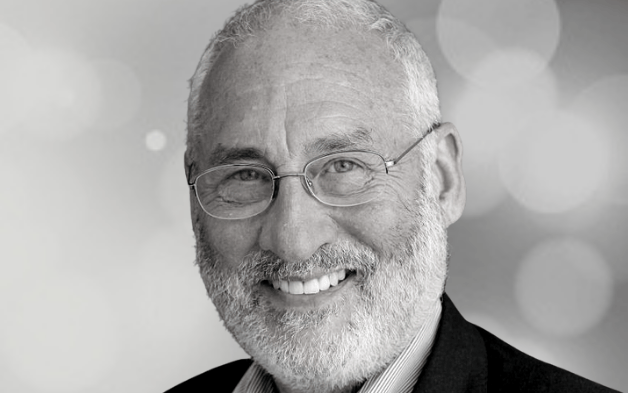Is distressed an indicator of public market activities. Given the recovery in markets, what does that mean for the opportunity in distressed? Will we see a divergence in the bond and equity markets? What are the regional differences and where are the opportunities?
Victor Khosla is founder and chief investment officer of Strategic Value Partners, LLC (SVP), an $11.4 billion global alternative investment firm, focused on distressed and deep value opportunities. He established SVP in 2001 and has built one of the leading firms in the business, with approximately 123 employees and offices in Greenwich, CT, London and Tokyo. Khosla has a 32 year track record in distressed and private equity investments. He started his career at Citibank (1989-1993) and subsequently built and managed one of the top distressed proprietary trading businesses at Merrill Lynch (1993-1998). At the time of his departure from Merrill Lynch, Khosla had investment authority for $2 billion in corporate and real estate investments and headed a team of 40 analysts and traders based in New York, Tokyo, London, and Hong Kong. After leaving Merrill Lynch, Khosla served as president of Cerberus Capital (1998-1999) and ran MooreSVP (1999-2002), a JV with Moore Capital, which focused on investing in Japanese distressed debt. Khosla graduated with a first class Bachelors of Commerce (Honors) degree from Delhi University, an MA in Economics from Vanderbilt University, as well as an MBA from the University of Chicago. He is a member of the management council at the University of Chicago Booth School of Business and is on the board of Pratham USA, one of the largest non-governmental education organisations in India.
White is responsible for the content across all Conexus Financial’s institutional media and events. She is responsible for directing the bi-annual Fiduciary Investors Symposium which challenges global investors on investment best practice and aims to place the responsibilities of investors in wider societal, and political contexts, as well as promote the long-term stability of markets and sustainable retirement incomes. She is the editor of conexust1f.flywheelstaging.com, the online news and analysis site for the world’s largest institutional investors. White has been an investment journalist for more than 20 years and has edited industry journals including Investment & Technology, Investor Weekly and MasterFunds Quarterly. She was previously editorial director of InvestorInfo and has worked as a freelance journalist for the Australian Financial Review, CFO, Asset and Asia Asset Management. She has a Bachelor of Economics from Sydney University and a Master of Arts in Journalism from the University of Technology, Sydney. She was previously a columnist for the Canadian publication, Corporate Knights, which is distributed by the Globe and Mail and The Washington Post. White is currently a fellow in the Finance Leaders Fellowship at the Aspen Institute. The two-year program consists of 22 fellows and seeks to develop the next generation of responsible, community-spirited leaders in the global finance industry.
Key takeaways
- Distressed debt opportunities will switch to Europe where a deeper recession promises more corporate failures than the US. Here creative destruction has already seen corporates take on losses, clear up and move on.
- Elsewhere, the speaker reflected on how the debt cycle hadn’t run its course when COVID arrived – suggesting another correction may lie in the not-too-distant future.
- As for the catalyst, changes in inflation and interest rates are obvious contenders but other factors that investors can’t figure out (like COVID) could just as easily surprise. That said, he warned that central banks are not letting go of the policy levers, and counselled against betting against the Fed.
- The most obvious opportunities at the beginning of the crisis lay in liquid large cap companies. Next, the opportunity evolved with corporate restructuring by another swathe of companies (Virgin Atlantic and JCPenney, for example) running out of money.
- Opportunities include businesses that are either resilient through a recession or which if cyclical, bounce back after a crisis because of their strong market share. Typically deals are private and not on the radar.
- The asset class has a good sense of its own limitations. It doesn’t necessarily include investing in distressed tech assets because the pace of change is so rapid; by the time bankruptcy and restructuring processes are over the technology has changed. Elsewhere distressed debt investors avoid industries in secular decline and emerging markets.

Poll results
Are you increasing your allocation to distressed debt opportunities as a result of COVID-19?





